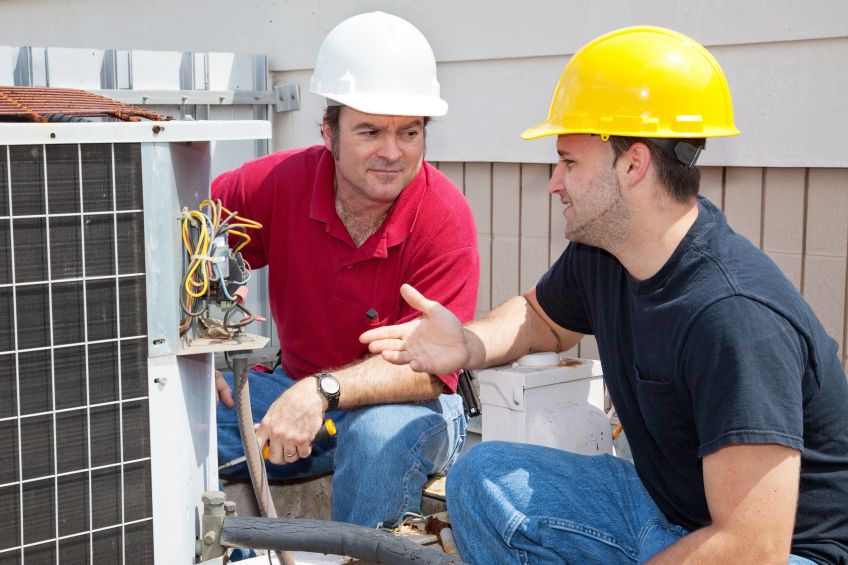Weather is something that anyone living and/or working in the Windy City; its Metropolitan Area; or, anywhere in Illinois has to learn to live with. The climate in this part of the world is generally described as being of the humid continental type with 4 easily recognizable seasons:-
* Spring which is usually mild with low humidity.
* Summer which is certainly going to be humid as well as warm to hot. Normal summer temperatures will exceed 90 °F on many days. 105 °F was recorded in the City on July 24TH 1934 and it was officially 109 °F at Midway Airport. The heat index reached 125 °F during the 1995 heat wave. (The heat index combines temperature with relative humidity to give an assessment of how hot our bodies perceive the temperature to be. For example, a thermometer reading of 90 °F would result in an apparent temperature of 106 °F on a exceptionally humid day).
* Fall sees the return of milder temperatures and a drop in humidity.
* Winter is always going to be cold with snow and not many sunny days. In January, temperatures hardly ever rise above the freezing point. The lowest official temperature of −27 °F was recorded at O’Hare Airport on January 20TH in 1985.
Why Choose To Live Under Such Extremes?
It is not the scope of this article to explore all the reasons why Chicagoland grew to become the third most populated metropolitan area in the country. Suffice to say that the economics of location played the major part.
How Do People Survive Living There?
The human body can be adaptable – after all, our ancestors not only lived through ice ages; they also survived and flourished in hot desert regions. However, this does not mean that any of them liked it. Earlier settlers throughout Illinois simply had to sweat it out during summer and wear thick clothes throughout winter. At least in winter, they could build fires to keep warm inside their dwellings; but, there was little they could do to combat the summer heat and humidity.
Ways to combat the summer heat had been tried since ancient times but none were really efficient and remained either scientific curiosities or the preserve of rulers. It was not until the 19th century that discoveries in chemistry enabled the beginning of the development that lead to our modern air conditioners and the establishment of that specialized branch of engineering that we call Heating Ventilating & Air Conditioning that has given us complete control over temperatures and humidity within our buildings. These days, to install and maintain good Hvac In Chicago; all we need to do is contact an expert firm like Heatmasters Heating & Cooling and leave everything to them.








